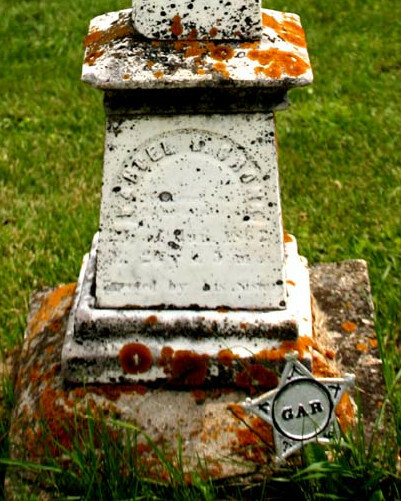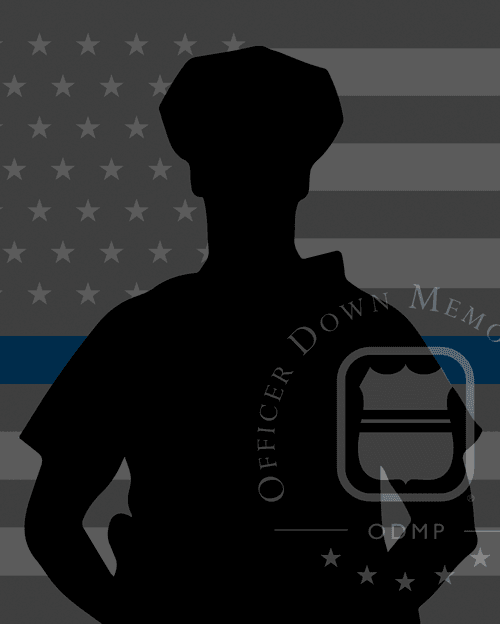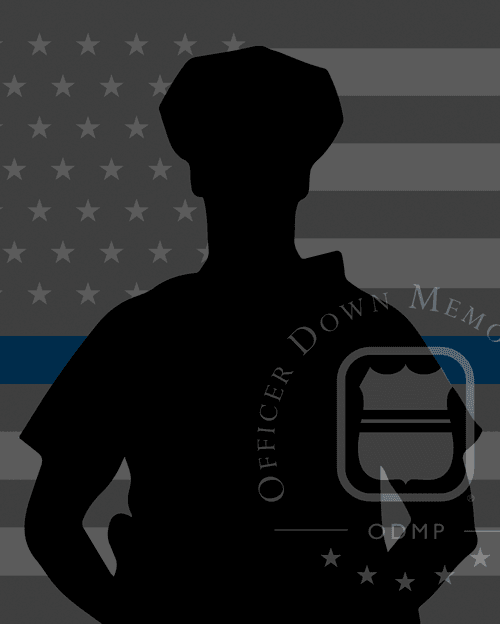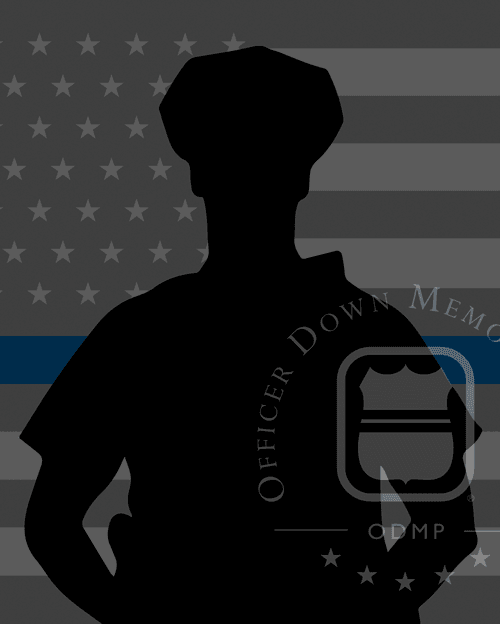
Deputy Provost Marshal John L. Bashore
United States Army Criminal Investigation Division, US
EOW: Saturday, October 1, 1864
Deputy Provost Marshal John Bashore and Special Agent Josiah Woodruff were shot and killed while attempting to serve arrest warrants on several Civil War draft dodgers in Poweshiek County, Iowa.
The two agents had encountered a man on the roadway and informed him they were looking for the deserters. The man informed them he would help locate them, but was a sympathizer to a group known as the Copperheads. The subjects named on the warrant had threatened violence towards any officers who attempted to arrest them. When the man separated from the agents, he immediately informed the subjects the officers were looking for them and vowed he would help them resist the agents.
The subjects located the agents and opened fire on them, killing Special Agent Woodruff and fatally wounding Marshal Bashore. Despite his wounds, Marshal Bashore was able to return fire and wounded one of the men. Marshal Bashore succumbed to his wounds several hours later. The wounded man was convicted of both murders in 1867 and subsequently sentenced to death, however, he later received clemency from President Andrew Johnson.
Marshal Bashore had previously served as Captain of the Company D with the 6th Iowa Infantry during the Civil War. He was survived by his wife and is buried in the Oakland Cemetery in Centerville, Iowa.
The John L. Bashore Post 122 of the Grand Army of the Republic Post in Centerville was named in his honor.
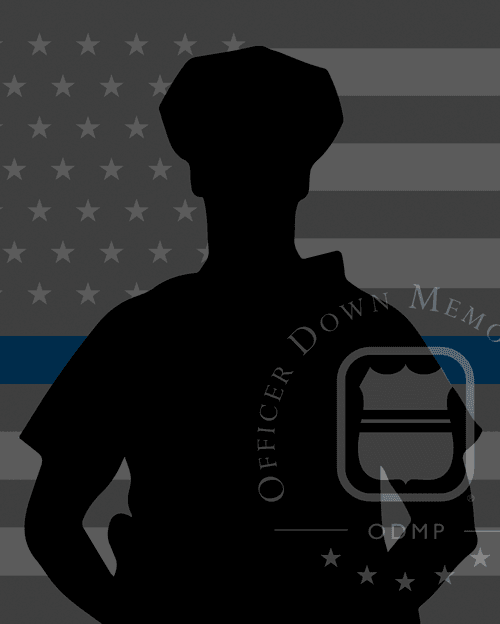
Special Agent Josiah M. Woodruff
United States Army Criminal Investigation Division, US
EOW: Saturday, October 1, 1864
Special Agent Josiah Woodruff and Deputy Provost Marshal John Bashore were shot and killed while attempting to serve arrest warrants on several Civil War draft dodgers in Poweshiek County, Iowa.
The two agents had encountered a man on the roadway and informed him they were looking for the deserters. The man informed them he would help locate them, but was a sympathizer to a group known as the Copperheads. The subjects named on the warrant had threatened violence towards any officers who attempted to arrest them. When the man separated from the agents, he immediately informed the subjects the officers were looking for them and vowed he would help them resist the agents.
The subjects located the agents and opened fire on them, killing Special Agent Woodruff and fatally wounding Marshal Bashore. Despite his wounds, Marshal Bashore was able to return fire and wounded one of the men. Marshal Bashore succumbed to his wounds several hours later. The wounded man was convicted of both murders in 1867 and subsequently sentenced to death, however, he late received clemency from President Andrew Johnson.
Special Agent Woodruff is buried in Graceland Cemetery in Knoxville, Iowa.
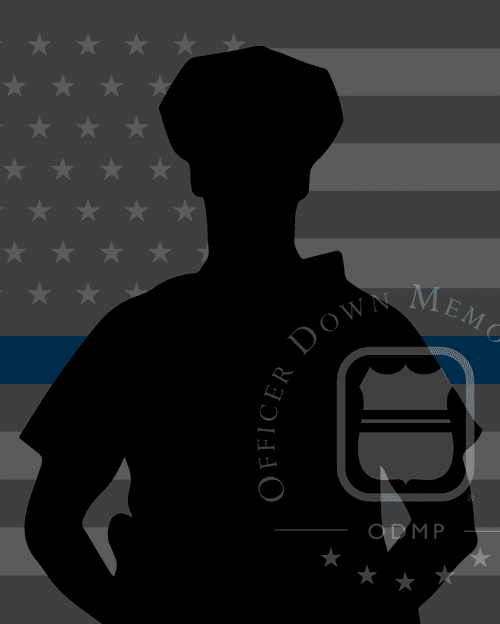
Deputy Sheriff John Ormsby
Fremont County Sheriff's Office, IA
EOW: Tuesday,
July 10, 1866
Deputy Sheriff John Ormsby was shot and killed while attempting to arrest a man who had threatened to murder him.
The subject was arrested and charged with murder.
